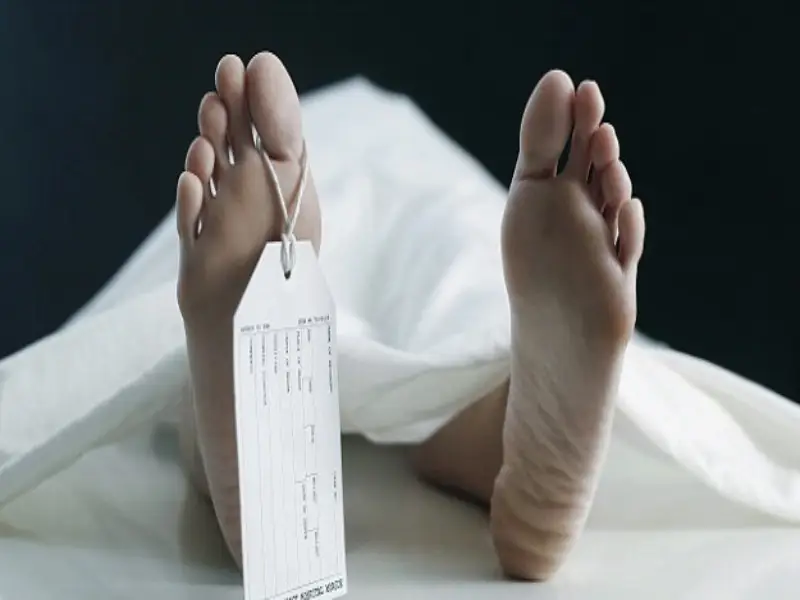Cremation, burial of COVID-19 patient's body is not infectious: Health Ministry
By Aiswarya Sriram
Hyderabad: As Telangana has recorded nine COVID-19 death cases, questions arise as to whether it is safe to bury or cremate the dead bodies of these patients. Regarding this, the World Health Organization and Ministry of Health and Family Welfare have issued certain guidelines on how to bury the dead body.
They state as the disease spreads through droplets, there is no danger once the person dies. This means that the dead body can be cremated normally, while taking few precautions while transporting the body from the hospital to the cremation zone.
Guidelines:
Health care professionals who are handling the body should wear protective equipment like water resistant aprons, gloves and mask. Proper eye wear should be maintained. The bag housing dead body, as well as the instruments and devices used on patient should be disinfected. The linen and surroundings used by patient should also be disinfected and normal hand hygiene should be maintained. The guideline stated that all handling the body including health care workers and those in crematorium and burial grounds should be trained in the infection prevention and control practices.
Preparing the body for cremation/Burial
The health workers wearing protective equipment will remove all the tubes, drains and catheters of the dead body and any wounds on the body while doing so should be disinfected with 1 % hypochlorite. To prevent leakage of body fluids, oral and nasal orifices should be plugged and the body should be placed in a leakage proof plastic bag, which should also be disinfected with 1 percent hypochlorite.
The linen and other products used by the patient will be considered as bio-Hazard. Once the body is handed over to the mortuary or family members, the healthcare professionals should hygienically dispose of their protective equipment and follow standard hygiene procedures.
The ministry stated that during the process “Provide counseling to the Family Members and respect their sentiments.”
Mortuary Precautions
The body should be preserved in 4 degree Celcius temperature in the mortuary. Trolleys and other equipment used for carrying the body should be disinfected. After the body is removed from chambers, the chamber door, handles and floors should also be disinfected. The ministry clearly stated that embalming (a procedure which preserves body from decaying) should not be done.
Autopsy Precautions
While the ministry asked to avoid autopsies, but if it had to be performed for special reasons, then all forensic experts and health experts performing should be taught infection prevention and control practices. Apart from that standard hygiene procedures, should be followed.
If during autopsy of lungs of COVID-19 patient is handled by any health practioner, it could be infectious, hence the ministry states, that care should be taken while handling lung tissues.
Once autopsy is done the autopsy table should be disinfected and both the body and body bag should also be disinfected.
Transportation and cremation
There is no major risk for the transporter as the body is completely disinfected, but once the body is dropped the vehicle should be disinfected as a precautionary measure.
The workers at the crematorium should be informed that burying a COVID -19 patient or cremating them will not pose any risk. They should be given protective equipment. The family should be allowed to do the last rites, but no bathing and touching the body should be allowed for any family members. Once cremation is done all workers and others gathered for the cremation should perform hand hygiene.
The ash can be given to family members as it doesn’t possess any virus.
The ministry guidelines came to limelight after Brihanmumbai Municipal Corporation (BMC) banned the burial of COVID-19 patients. As of April 2 2020, total number of COVID positive cases has touched 2100 in India, with a total of 50 death and 132 recoveries.